In the world of software development, communication between different services and systems is crucial. Two common protocols that facilitate this communication are Remote Procedure Call (RPC) and Hypertext Transfer Protocol (HTTP). Each comes with its distinct features, advantages, and drawbacks, making them suitable for different scenarios. In this blog post, we’ll explore the key differences between RPC and HTTP, their use cases, advantages, and disadvantages to help developers make informed decisions.
What is RPC?
Remote Procedure Call (RPC) is a protocol that allows a program to request a service from a program located on another computer in a network. RPC abstracts the communication process, making remote interactions appear as simple as local function calls. This transparency simplifies the development process by hiding the complexity of network communication.
RPC implementations often use binary data formats for serialization, which can result in faster performance compared to text-based protocols. Popular RPC frameworks include gRPC (Google Remote Procedure Call) and Apache Thrift.
What is HTTP?
Hypertext Transfer Protocol (HTTP) is the foundation of data communication on the World Wide Web. It is a text-based protocol that uses a request-response model for communication. Clients send HTTP requests to servers, which then return HTTP responses.
HTTP is widely used in web development for client-server communication. Its simplicity, extensive documentation, and compatibility with web technologies make it a go-to protocol for web applications. Commonly used in conjunction with RESTful APIs, HTTP facilitates the exchange of data in a stateless manner.
Key Differences Between RPC and HTTP
Understanding the fundamental differences between RPC and HTTP is essential for choosing the right protocol for your project. Let’s delve into some of the primary distinctions:
- Communication Style: RPC treats remote interactions as local function calls, while HTTP uses a request-response model.
- Data Format: RPC often uses binary data formats, whereas HTTP typically uses text-based formats like JSON or XML.
- Performance: Due to binary serialization, RPC can be faster and more efficient in certain scenarios compared to HTTP.
- Ease of Use: HTTP’s simplicity and extensive documentation make it easier to learn and implement, especially for web developers.
Use Cases for RPC
RPC is ideal for scenarios where performance and efficiency are critical. Some typical use cases include:
- Microservices Communication: RPC’s low latency and high performance make it suitable for communication between microservices in a distributed system.
- Internal APIs: When building internal APIs that do not require public exposure, RPC can provide a more efficient means of communication.
- Real-Time Applications: Applications requiring real-time data transmission, such as gaming or financial trading platforms, can benefit from RPC’s performance advantages.
Use Cases for HTTP
HTTP is well-suited for web-based interactions and public APIs. Here are some common use cases:
- Web Development: HTTP is the backbone of web development, facilitating communication between web browsers and servers.
- RESTful APIs: HTTP is the standard protocol for RESTful APIs, making it ideal for creating publicly accessible APIs.
- Client-Server Communication: For general client-server communication, HTTP’s simplicity and compatibility with web technologies make it a preferred choice.
Advantages of RPC
RPC offers several benefits that make it an attractive choice for certain applications:
- Performance: Binary serialization can result in faster and more efficient communication.
- Simplicity: Abstracts the complexity of network communication, making remote interactions appear as local function calls.
- Scalability: Well-suited for microservices architectures, enabling efficient communication between services.
Advantages of HTTP
HTTP has its own set of advantages that contribute to its widespread adoption:
- Simplicity: Easy to learn and implement, especially for web developers.
- Extensive Documentation: Abundant resources and documentation available for learning and troubleshooting.
- Compatibility: Works seamlessly with web technologies and is the standard for web-based communication.
Disadvantages of RPC
While RPC has its benefits, it also comes with some drawbacks:
- Complexity: Implementing and debugging RPC can be more complex compared to HTTP.
- Binary Data Formats: Can make it harder to debug and inspect transmitted data compared to text-based formats.
- Limited Flexibility: Not as versatile as HTTP for web-based interactions.
Disadvantages of HTTP
Despite its advantages, HTTP also has some limitations:
- Performance: Text-based serialization can be slower and less efficient than binary formats.
- Statelessness: The stateless nature of HTTP can complicate interactions that require maintaining state.
- Overhead: HTTP headers and text-based formats can introduce additional overhead in communication.
Conclusion
Choosing between RPC and HTTP depends on the specific needs and constraints of your project. RPC excels in performance-critical applications and internal communication, while HTTP shines in web development and public API scenarios. By understanding the strengths and weaknesses of each protocol, developers can make informed decisions that align with their project’s goals.
FAQ
1. What does RPC stand for, and how does it function?
RPC stands for Remote Procedure Call. It functions by allowing a program to execute a procedure on a remote server as though it were a local call, abstracting the complexities of network communication.
2. How does HTTP differ from RPC in terms of communication protocols?
HTTP uses a request-response model for communication, typically transmitting data in text-based formats like JSON or XML. In contrast, RPC abstracts remote interactions as local function calls and often uses binary data formats for serialization.
3. What are the performance implications of using RPC versus HTTP?
RPC can offer better performance due to binary serialization and lower latency, making it suitable for performance-critical applications. HTTP, being text-based, may introduce more overhead and be slower in comparison.
4. Can RPC and HTTP be integrated within the same application?
Yes, RPC and HTTP can be integrated within the same application. For example, an application can use RPC for internal microservices communication and HTTP for public-facing APIs.
5. What are some typical use cases for RPC?
Typical use cases for RPC include microservices communication, internal APIs, and real-time applications such as gaming and financial trading platforms.
6. Is HTTP more versatile than RPC for web development?
Yes, HTTP is more versatile for web development due to its simplicity, compatibility with web technologies, and extensive documentation, making it the preferred choice for web-based interactions and public APIs.

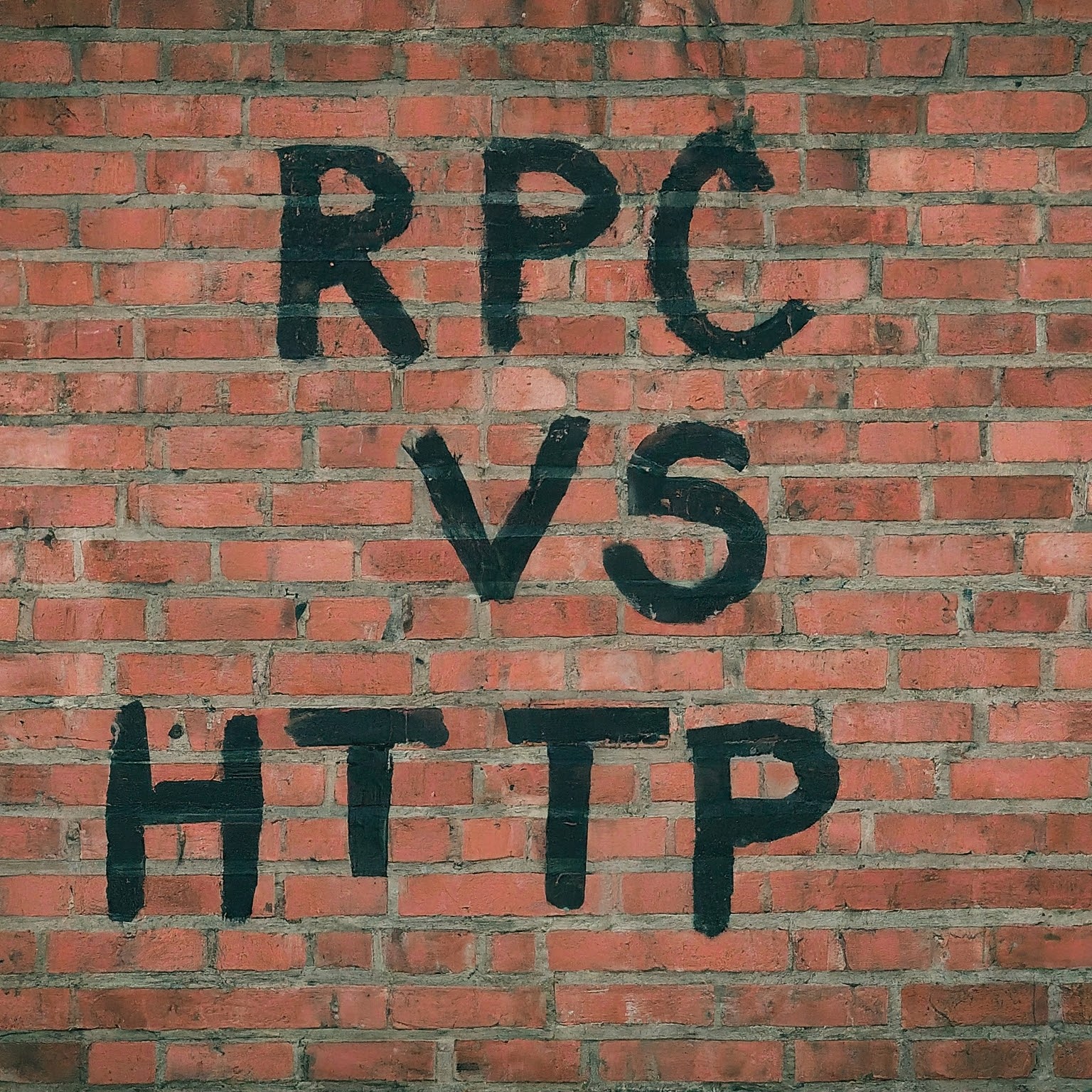
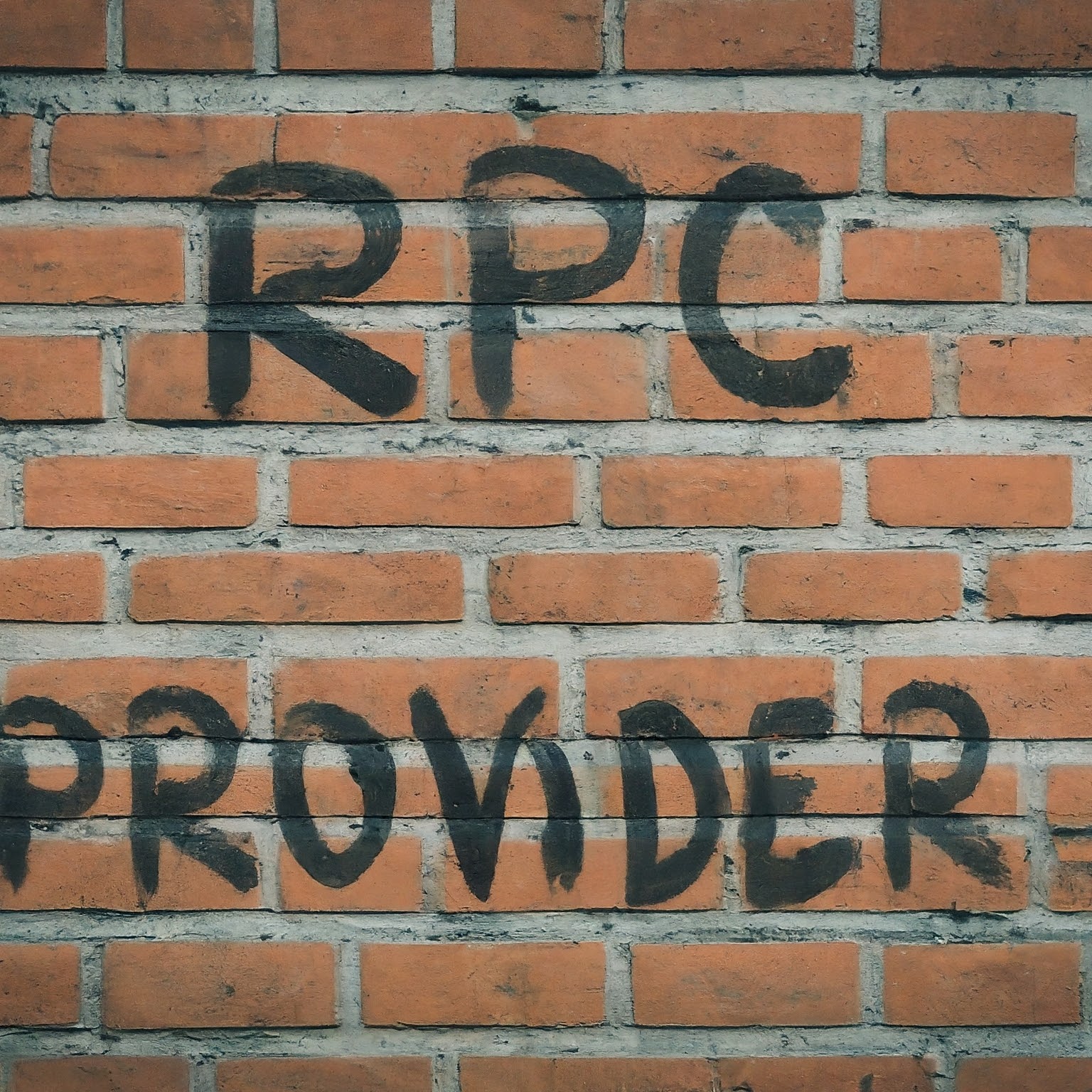
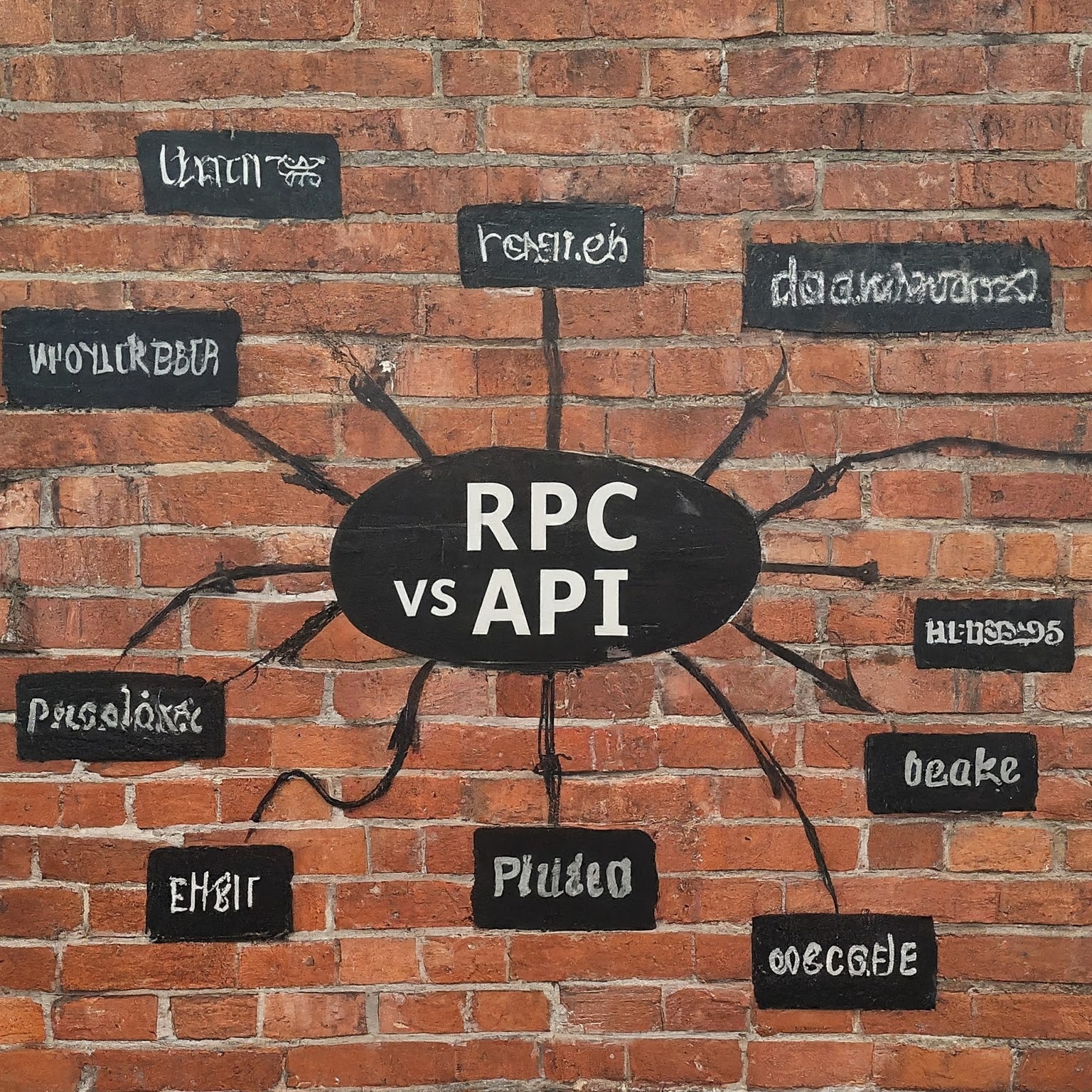
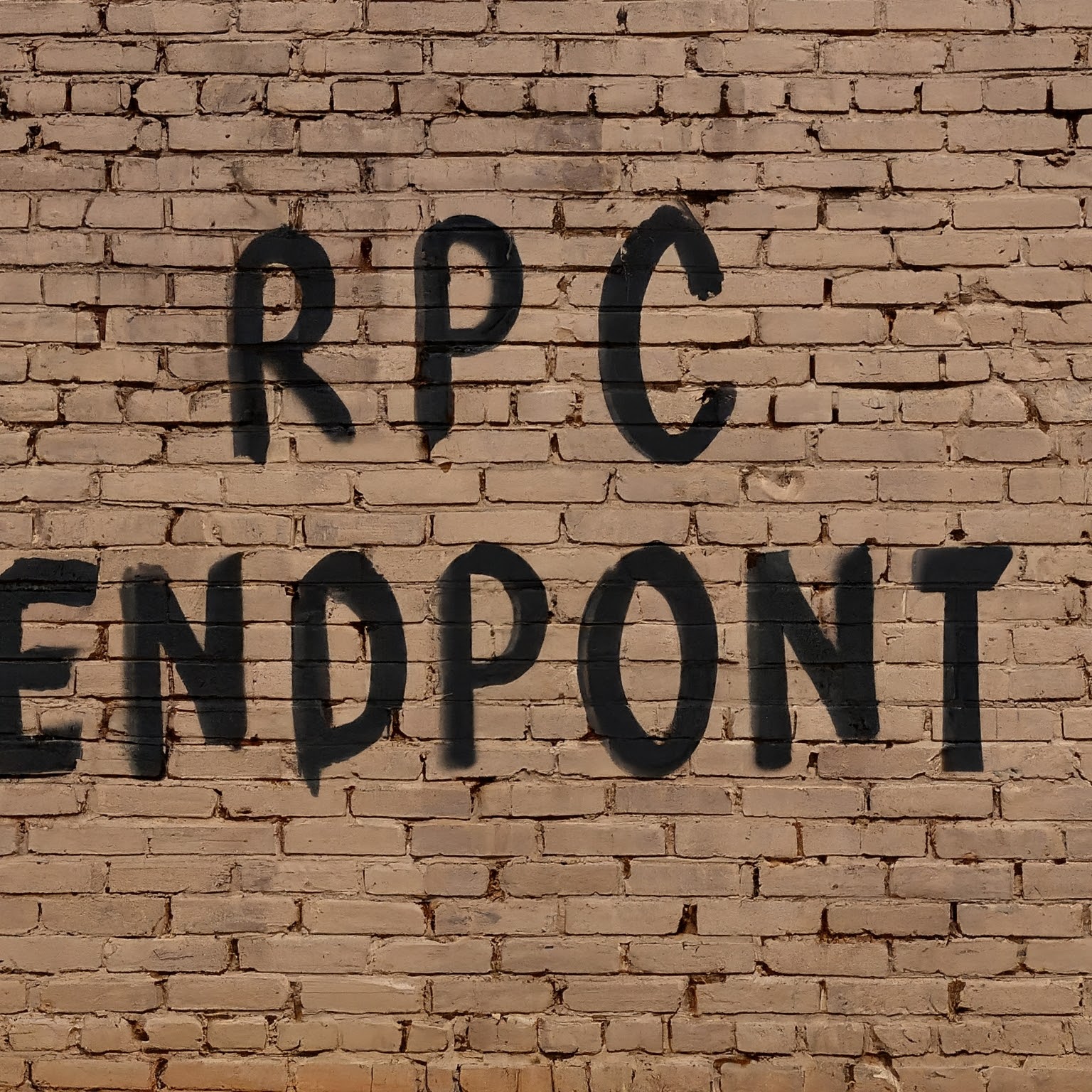
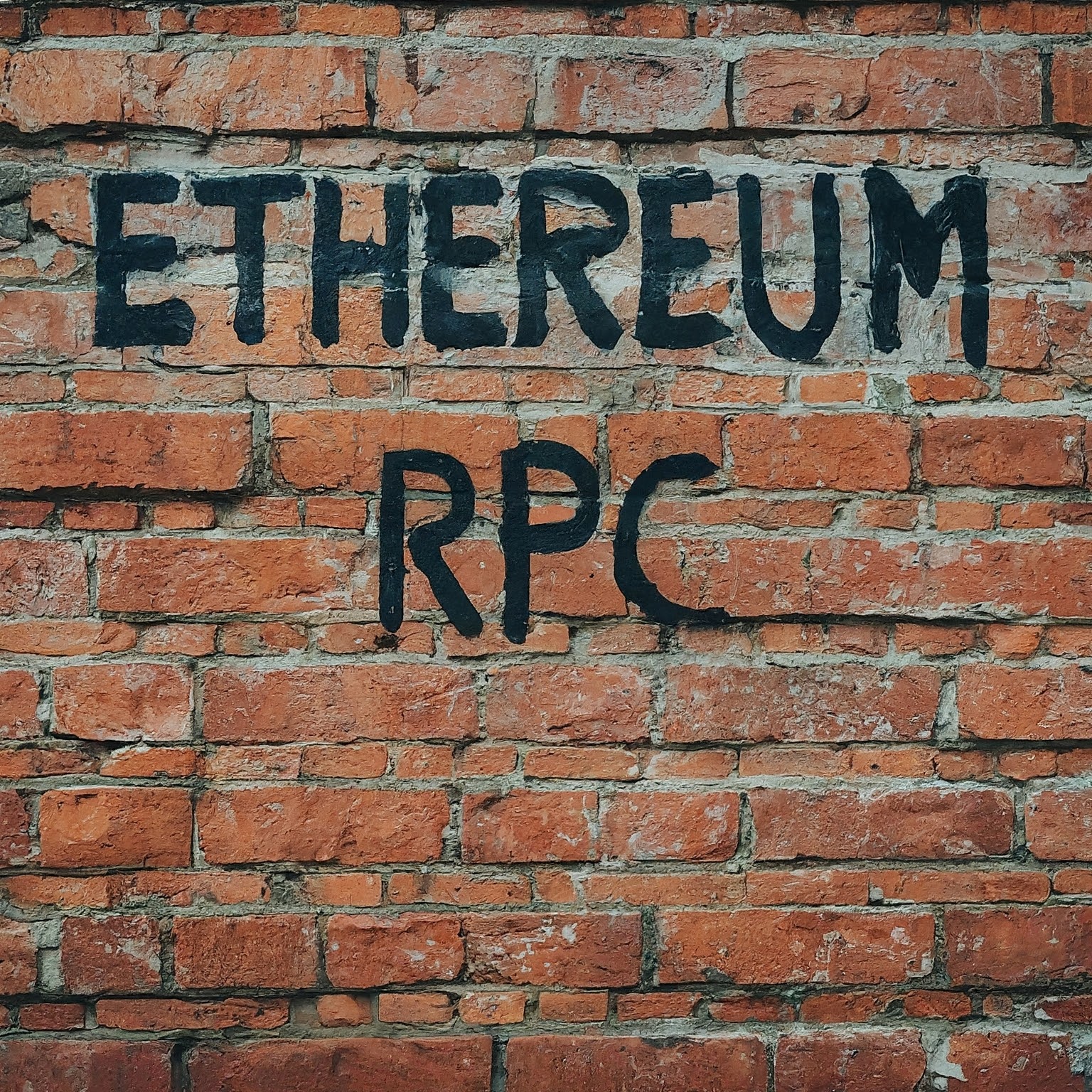
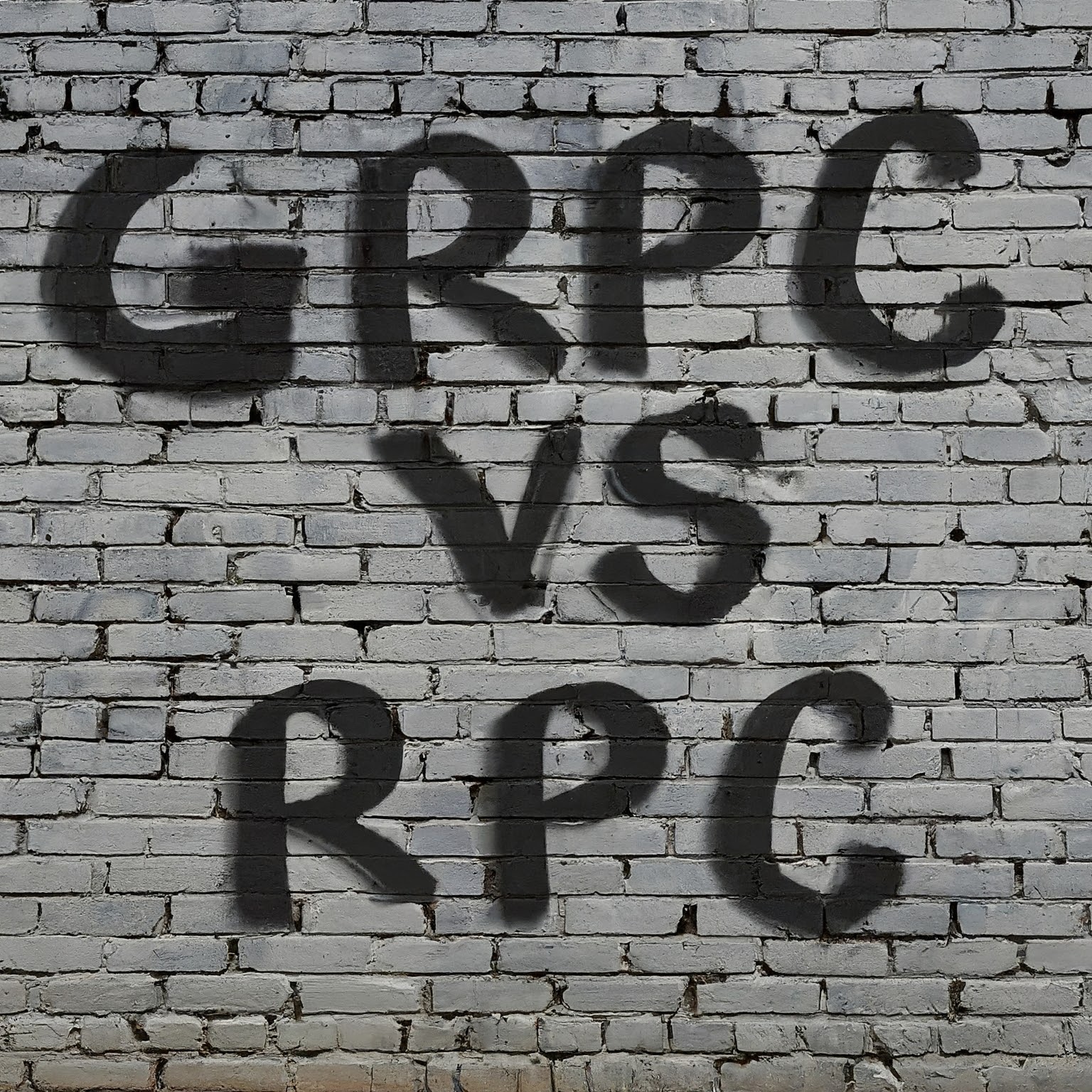
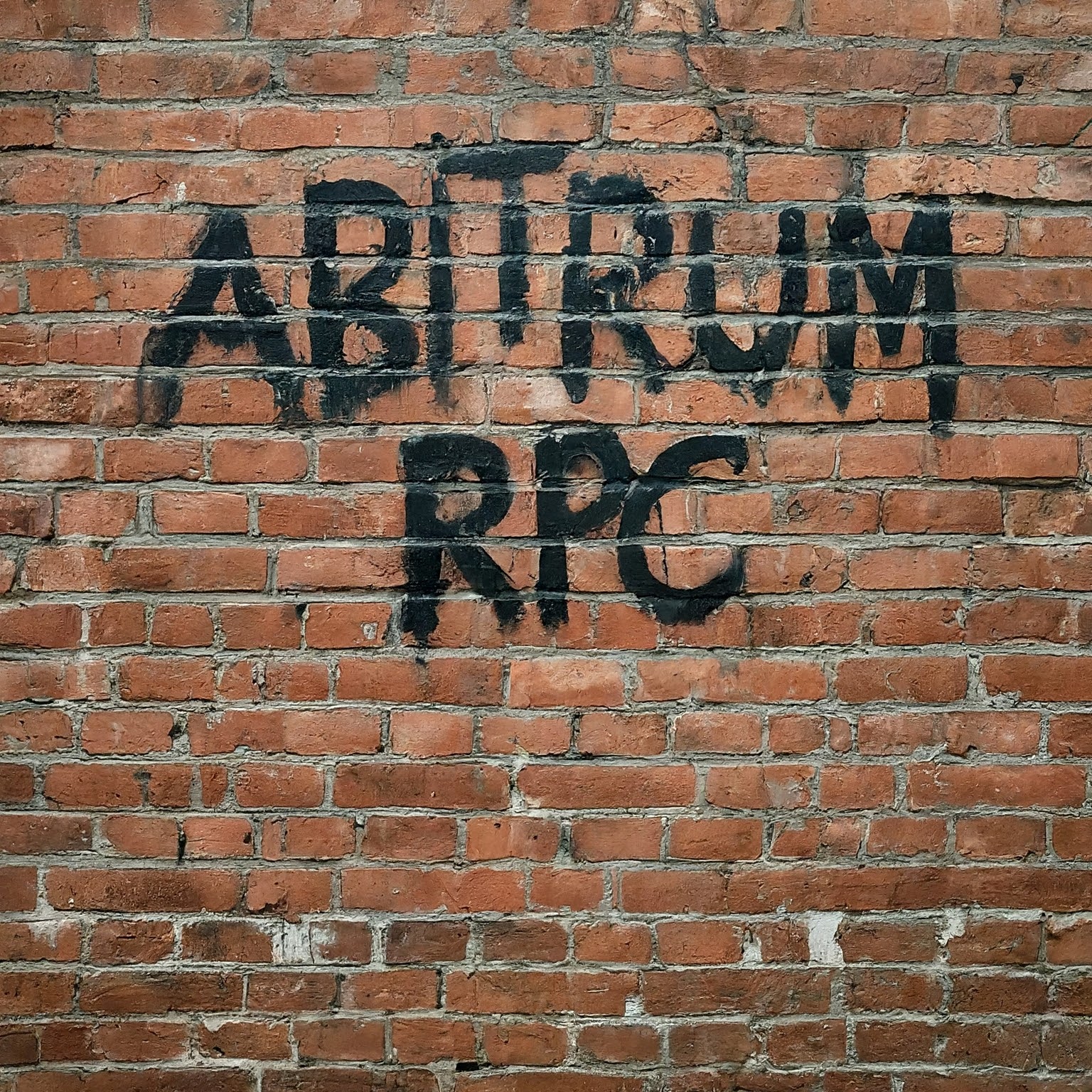

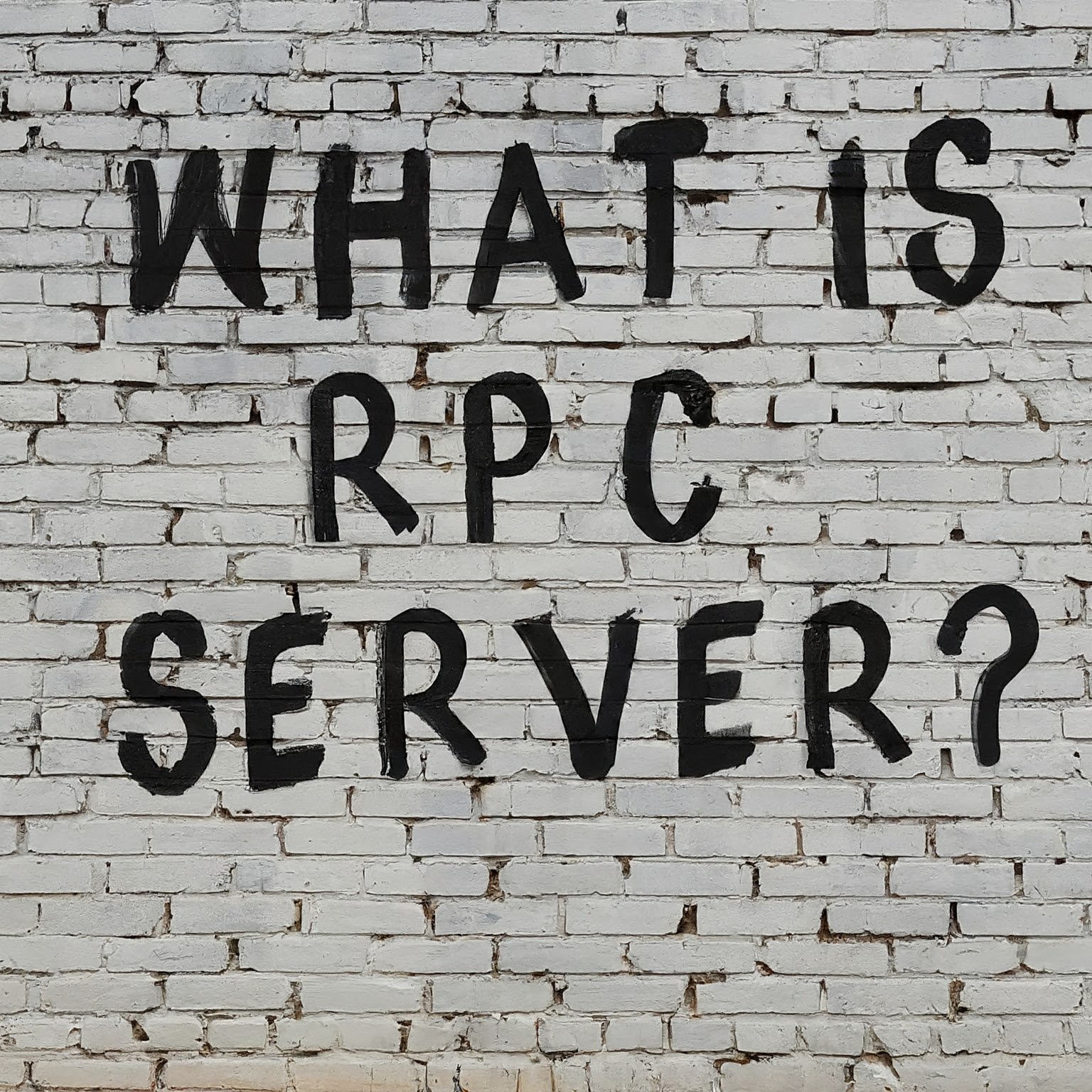
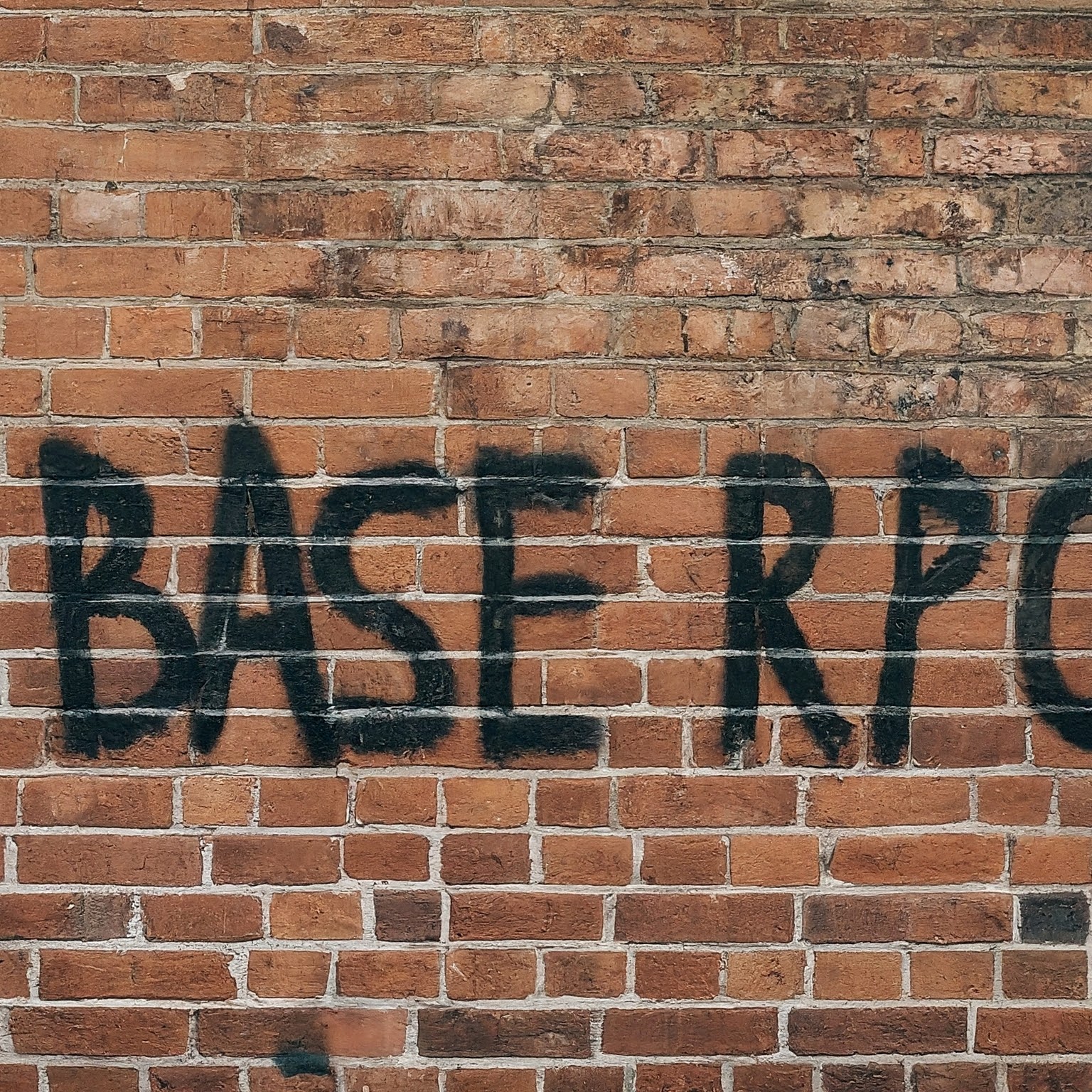
Leave a Reply
You must be logged in to post a comment.